A brave new digital world?
Today, in 2019, we are still far from a brave new digital world. Germany as well as the European Union need a general vision for the entire society.
For the Bertelsmann Stiftung, data economy as part of digitalisation has to have a true benefit for every individual. Everyone in society needs to be able to shape technology and digital developments. Not only must we consider the interests of economic actors, which currently dominate the discourse, but at least equally so the interests of the community and civil society, whose voices should be amplified within the public discussion.
Our future digital lives
6:30 a.m.: My smart device buzzes, and via our SmartHome connection, the alarm wakes up my two kids in their rooms, too. Our FamilyHealth app shows unusual blood-sugar level data for my son. I log into our electronic health record system and share the data with the paediatrician to double-check.
07:30 a.m.: Both kids have left for school. Twice a week they attend virtual lessons: the internet, cameras, big screens and other technical equipment connect them and their co-students with another regional school at which their teacher is present on that specific day. For the pupils, it does not really make a difference, co-operation with teachers and co-students of the other school works well given that they are all “digital natives”.
8:05 a.m.: I get a SmartHealth message on my mobile device asking to confirm a tele-consultation appointment with the paediatrician. Since many hospitals in smaller towns had to close down for lack of profitability, tele-medicine offers have become more and more sophisticated. Nowadays, 20 per cent of all routine consultations happen online. A huge push factor was the introduction of easy-to-handle and free-of-charge tele-consultation devices for all households through the health insurance companies.
8:15 a.m.: My husband and I both begin our work. We can work from home. I am getting a bit nostalgic as I remember the long debates in Germany about the pros and cons of home office, which all became null and void with the dramatic increase in skills shortages, especially in rural areas. Growing awareness of how important it is for the new generations of employees to be able to reconcile their professional with their private lives contributed considerably to a general change of many an employer’s attitude.
My husband is a mechanical engineer working for a medium-sized German enterprise specialized in IoT-sensors. I myself work for the district council. My husband has three deadlines this week, one for a company of the automobile industry, one for a new household applicance IoT sensor and one from a US aircraft company. He has profited immensely from a new EU-wide thinking, which led to better infrastructure and more openness of firms and consumers alike to make use of digital technologies. Over the past ten years, EU member countries, and among them Germany, have much improved their performance in the digital services sector.
In the district administration, I am responsible for projects intended continuously to broaden citizens’ digital skills. Whereas to us, let alone our children, the use of technology in our daily lives has become perfectly natural, our senior citizens needed more attention to develop these skills. By creating innovative educational offers for lifelong learning, our district intends to enable everybody to lead a “digitally sovereign” life. Given today’s fast-changing technological developments, we do not teach skills courses for specific devices or software. Rather, we encourage an open-minded and competent usage of technology, with citizens of all ages aware of both opportunities and risks.
01:15 p.m.: Our SmartHome surveillance system announces a drone delivery of goods from our e-commerce retailer. About ten years ago, we had big debates on how to regulate (particularly US) platform companies in the European market– but now we have EU-wide rules for that.
03:00 p.m. My son and I see his paediatrician for the 15-minute tele-consultation agreed in the morning. The paediatrician wants to explain the proposal to change medication made by an algorithmic decision-making system developed for this purpose. The system has made a suggestion solely based on my son’s electronic health record. However, the doctor wants to see us in person to make an informed decision not solely founded on the algorithm’s recommendation.
06:00 p.m. My husband finishes his working day by sending the final files for the IoT sensor he started to work on to the client and receives immediate compensation via smart contract through block-chain. Our AI finance advice asks whether to split the money as usual among our current account, pension program, mutual funds and kids educational savings account. My husband requests putting all to the current account as we will spend more in the week to come on our family’s next holiday.
09:00 p.m. The kids are asleep. I have a skype call with my goddaughter. Having just obtained her university degree in ICT, she is now applying for a job. She has already passed several assessment centers as well as personal interviews. She tells me that, in the assessment centers, there are nowadays as many female as male candidates, an effect of the EU-wide anti-“algorithm discrimination” regulations introduced in the early 2020s: Until then, based on existing datasets containing more men than women the male sex was determined as success factor, thus disadvantaging female competitors in application processes.
10:00 p.m. While I brush my teeth, I reminisce about our digital past: Back in 2018, nearly half of all Europeans did not even know what algorithms were. The EU took up the challenge of people’s desire for algorithmic decisions to be easier to understand. Right after the elections to the European Parliament in 2019, when massive cyber-attacks tried to influence public opinion in all EU member states, the EU introduced a variety of rules to regulate automated decision-making. The EU also determined that algorithmic decisions were to be reviewed by human beings and granted the individual citizens “data sovereignty”, i.e. the exclusive rights over their personal data and their transfer.
Questions
- Does digitalization, and data economy with it, really make our lives easier?
- How can society exploit the full potential of data economy?
- Should more and/or different EU-wide regulation govern digital processes to have a more positive impact on the average EU citizens’ lives?
Sitra’s guest atricles give a voice to the players of the future in different fields. They do not (necessarily) directly link to Sitra’s work or agenda, but are the authors’ thoughts on current issues that relate to the themes Sitra is passioned about.

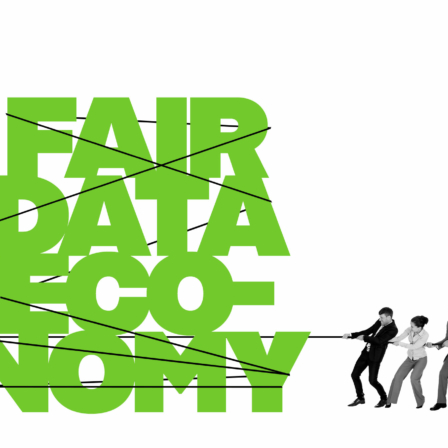
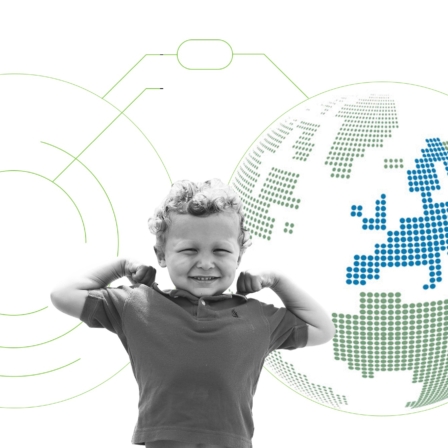

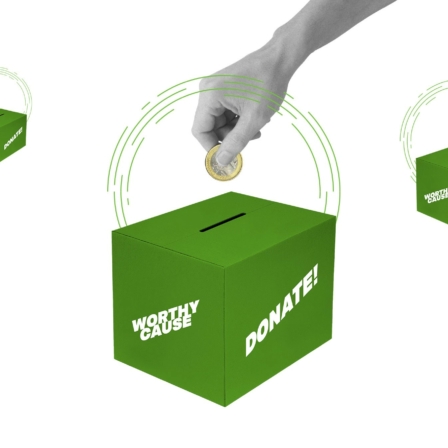
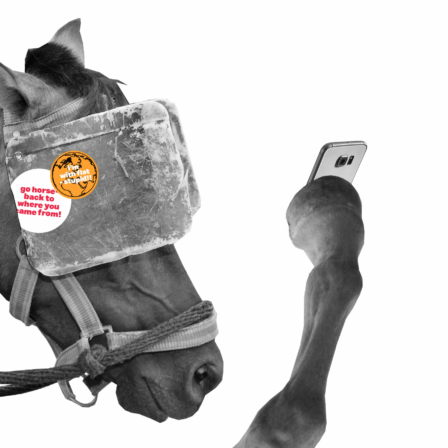
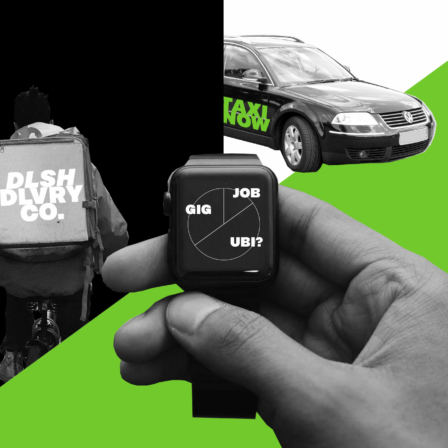
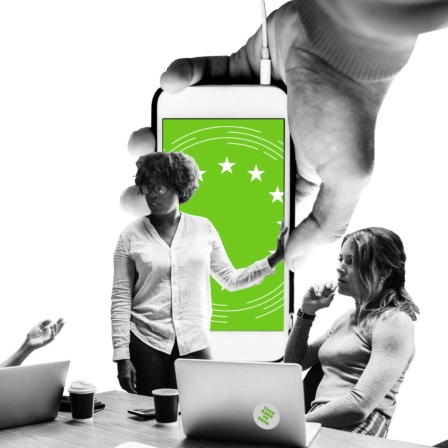
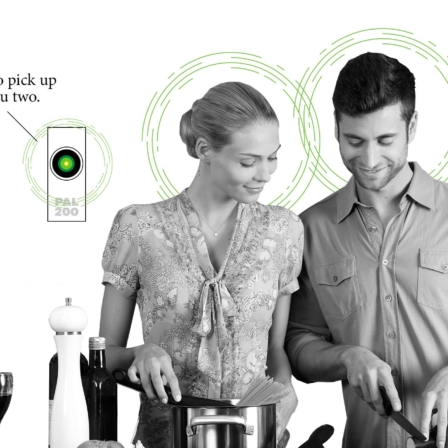
LATEST
Read more